Before Covid-19, the word trauma was barely discussed in the UK.
It was something that was mentioned only in the hushed corners of the psychiatrist’s office, in underground academic fields, or among the few mental health organisations who felt brave enough to say “yes, this is something that can be tackled”.
The pandemic changed all of that.
Covid catapulted the term trauma into the middle of a worldwide captive audience; exposing it in broad daylight for everyone to see.
Trauma was no longer something that happened to those “few unfortunate souls” who had been “abused as children” or “sent off to war”.
It became something that could happen to everyone.
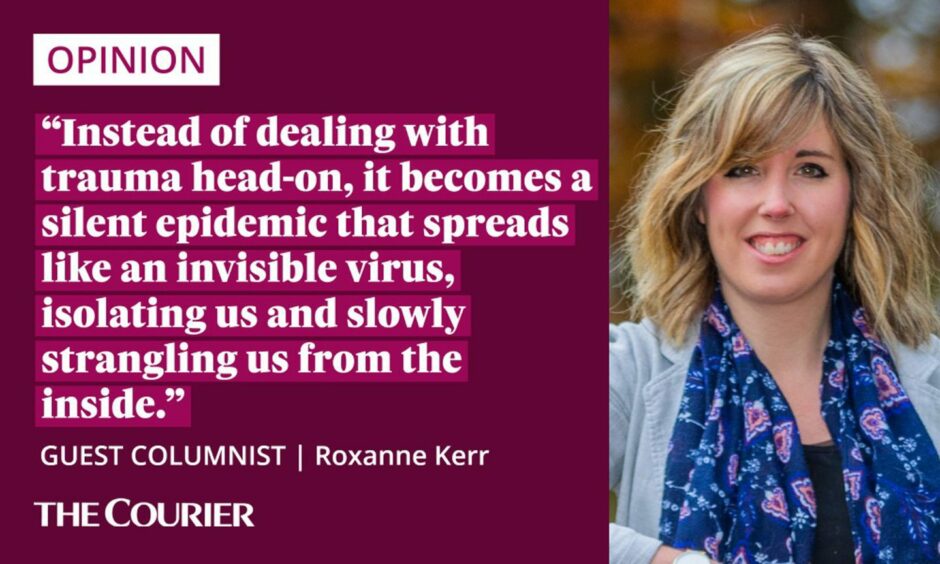
We are still a long way from reaching the light at the end of the tunnel when it comes to openly discussing trauma though.
And it is for the same reason that it was not openly spoken about previously.
Human nature.
Facing up to trauma means accepting dark truths
Talking and listening to people talk about trauma often means exposing ourselves to a world that is abhorrent.
A world in which we must challenge our own fundamental views about right and wrong, fairness and justice.
It can mean exposing ourselves to a world that is perhaps not comfortable or safe.
And that can often flood us with emotions and trigger an internal stress response.
We'd like to share our blog with you. The biggest benefit from sharing our trauma stories may come from starting to make sense of a senseless event.
Would you like to share your story? Contact us: comms@traumahealingtogether.orghttps://t.co/hTl3Vvxcqm— Trauma Healing Together (@TraumaTogether) June 14, 2022
Like any type of stress, how well we deal with it is dictated by the resources available to us at the time and our capacity to rationalise the experience.
If we have the skills, emotional capacity, and awareness to listen and support a person telling us about their trauma, the chances are they will feel validated and supported.
These two things are necessary to healing and recovery.
But this requires a person to accept the dichotomy that the world can be a cruel place, but also a place where we can survive and thrive, in spite of this.
Covid made trauma relatable to everyone
What happens when we are unable to accept these thing or deal with another person’s suffering, however?
What happens when we don’t know what to say as we have never learned adequate communication skills?
And what happens when we have to accept that someone we love or care is hurting? Perhaps because of something we allowed to happen, or something that we couldn’t prevent but feel we should have?
To prevent our emotions overwhelming us, or our stress response spiralling out of control, our natural instinct is often to deny, avoid or sweep it under the carpet where we don’t have to face these things.
The same reaction occurs in many trauma survivors, as a way to manage what has happened to them.
And who can blame them?
To accept any of this means challenging the very core of our reality. And that can seem like an insurmountable mountain to climb.
Instead of dealing with trauma head-on, it becomes a silent epidemic that spreads like an invisible virus, isolating us and slowly strangling us from the inside.
Covid-19, while still extremely traumatic, was different.
The mental health consequences and trauma that arose from the Covid virus were relatable to everyone and existed on a mass scale.
We have some incredible photos already which will run on a loop across the concert hall's foyer throughout the festival. We'd love to showcase your photos too.
Send your WhatsApp photos to: 01738 326325
For more information: https://t.co/truTOVl1zC pic.twitter.com/cCv8ojaRDh— Trauma Healing Together (@TraumaTogether) July 22, 2022
It didn’t need to, nor could it, hide. Which is why I believe it made the term trauma so popular.
However, many other types of traumatic experiences touch lives on an individual basis. And we must never forget to address this either.
Time to shine a light on trauma
The solution?
As a society, we must not shirk away from the topic because it may seem too difficult or dark.
We need to stop talking about trauma as if it is something in the distance – and instead challenge our perceptions and fears around it.
We need more investment into mental health services that challenge the stigma and are willing to say “yes, this something that can be tackled”.
Trauma has been – and will always be – something that touched the lives of a huge percentage of the population.
It might be a family member, a friend or someone you pass in the street.
It might make an appearance following a typically traumatic event – such as childhood abuse, rape, a car accident or more recently Covid-19.
Or it might be as a result of something that, on the surface, seems insignificant to the untrained eye.
Whatever the reasons, it is something that overwhelms a person’s ability to cope.
And regardless of the guise it takes, healing can only occur if we make the bold move to shine a light on trauma and expose it for what it is.
Roxanne Kerr is chief executive of the Perth-based charity Trauma Healing Together and the organiser of the Perth and Kinross Mental Health and Wellbeing Festival at Perth Concert Hall on August 6-7.
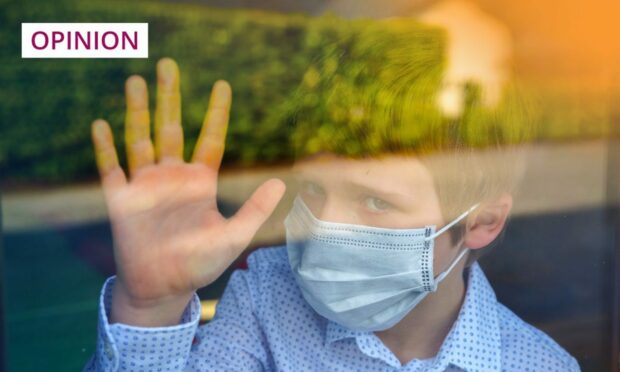
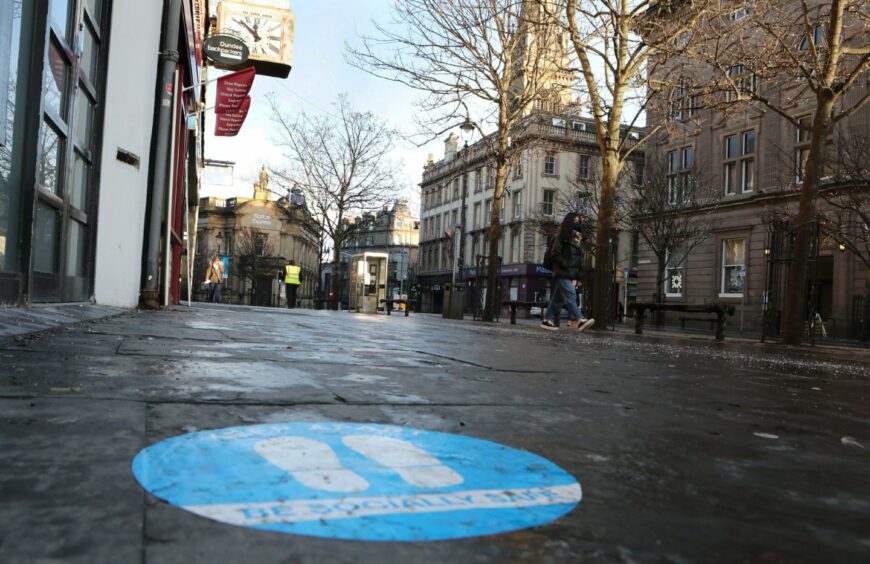
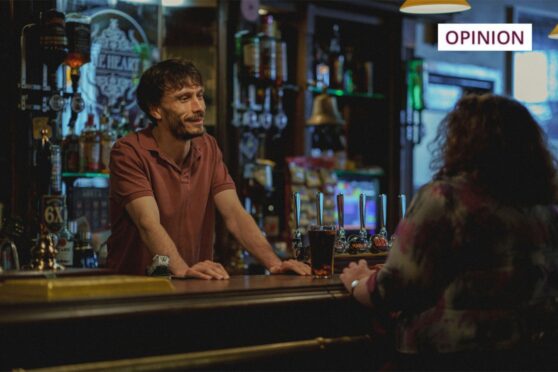
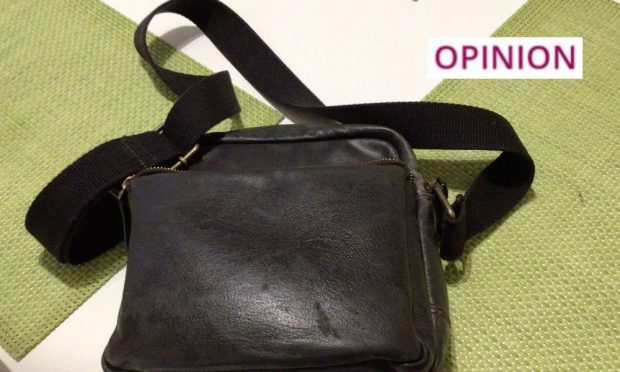

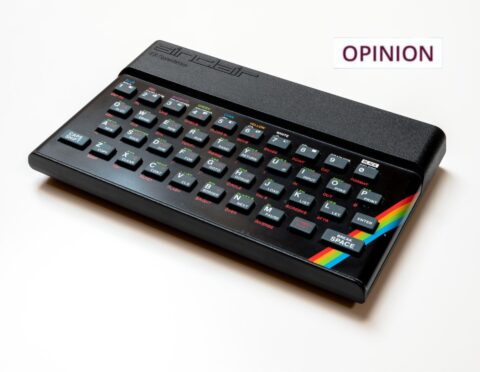
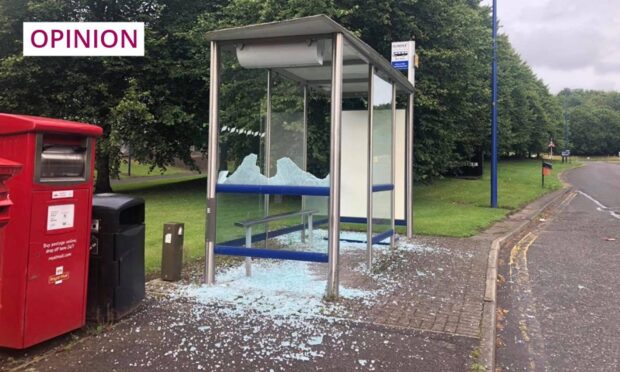


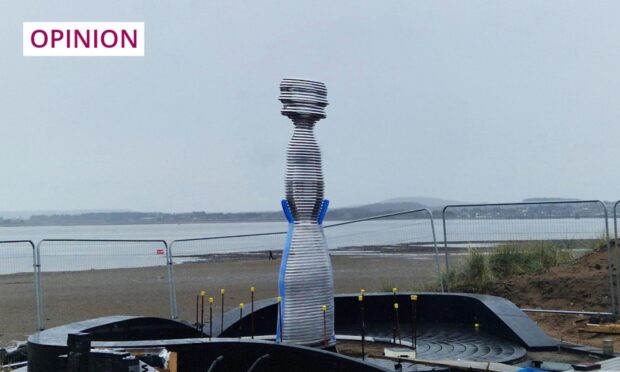


Conversation